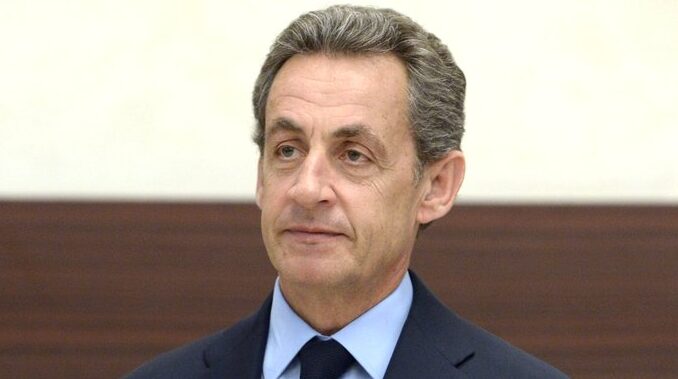
Former French President Nicolas Sarkozy was sentenced today to three years in prison on corruption charges connected to corruption and influence peddling. Two of the three years have been suspended, with only a single year of time being served. Because France’s system typically allows monitored home restriction for sentences of less than two years, Sarkozy is expected to be granted a petition for home confinement.
While this may seem like a fairly light punishment, it marks the first time any French President has been sentenced to prison and it approached what had been requested. The prosecutors had requested two year prison sentences and two year suspended sentences – a difference of one year of home confinement.
Sentences identical to Sarkozy’s were handed down for his two co-conspirators, lawyer Thierry Herzog and judge Gilbert Azibert.
The case focused on recordings made by law enforcement which showed Sarkozy and Herzog offering bribes to judge Azibert in exchange for information about then-recent corruption investigations. Azibert was offered a desired position in Monaco while Herzog was provided details about investigators’ efforts to uncover the facts about suspected election interference by Libyan leader Muammar Gaddafi.
Allegations remain that Gaddafi provided 50 million Euros to Sarkozy’s election campaign. The investigation into election interference is ongoing and may yet result in further charges for Sarkozy.
Sarkozy’s UMP party was a center-right powerhouse that had been founded by prior President Jacques Chirac. Following Sarkozy’s troubles, the party has been renamed the Republicains and they have lost considerable influence in France’s Parliament; they now hold a bit more than a third of the seats of the coalition group La Republique en Marche (105 vs. 269) and less than double those of the third strongest party (Democratic Movement, with 58 seats).
Unlike South Korea (or Illinois), France does not have a long history of sending its most prominent politicians to prison. While home confinement may not send the strongest warning against illegal activity, the possibility of further charges and the simple existence of a sentence suggest they may be cracking down on some of the corruption in their government, and doing so not by having one leader target a predecessor but simply by allowing the rule of law to hold some measure of sway.
